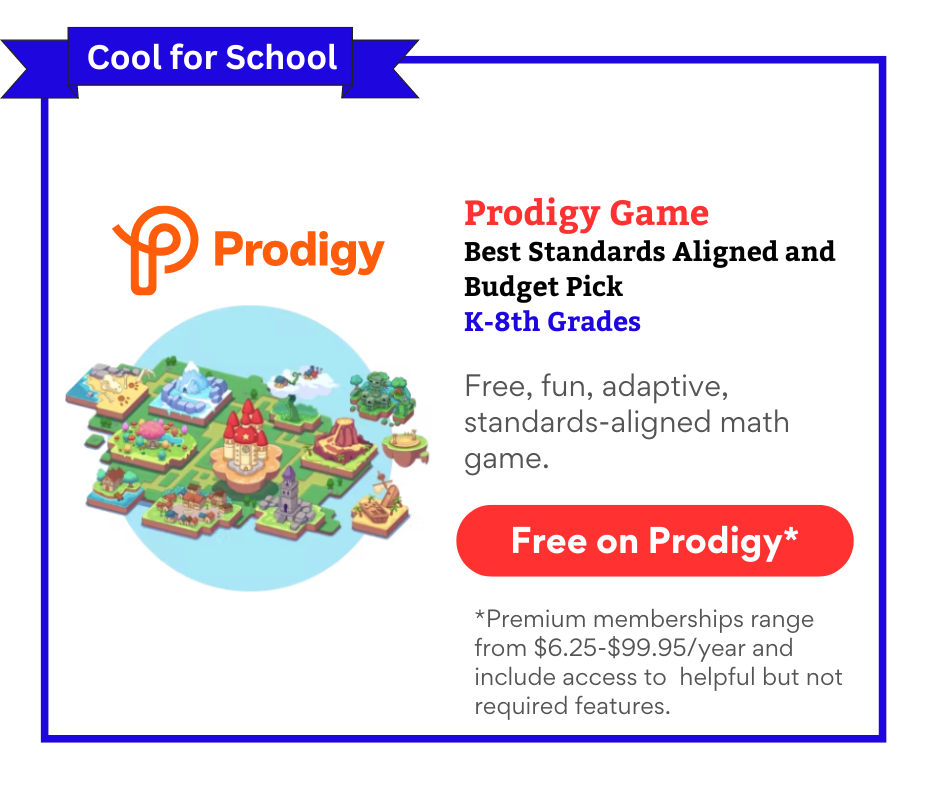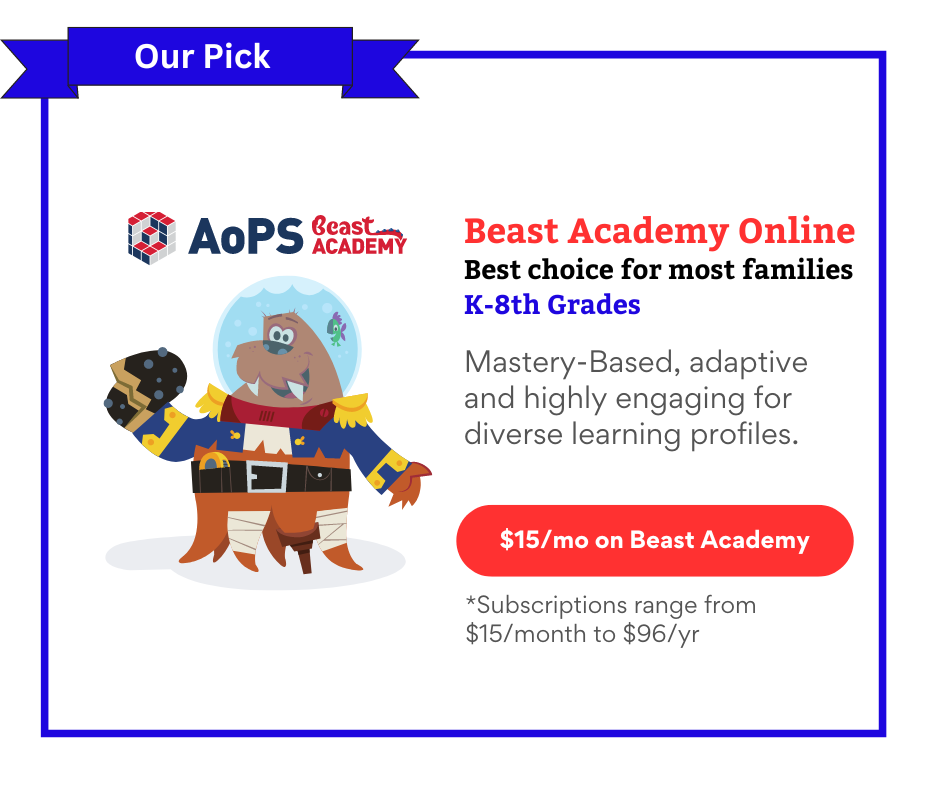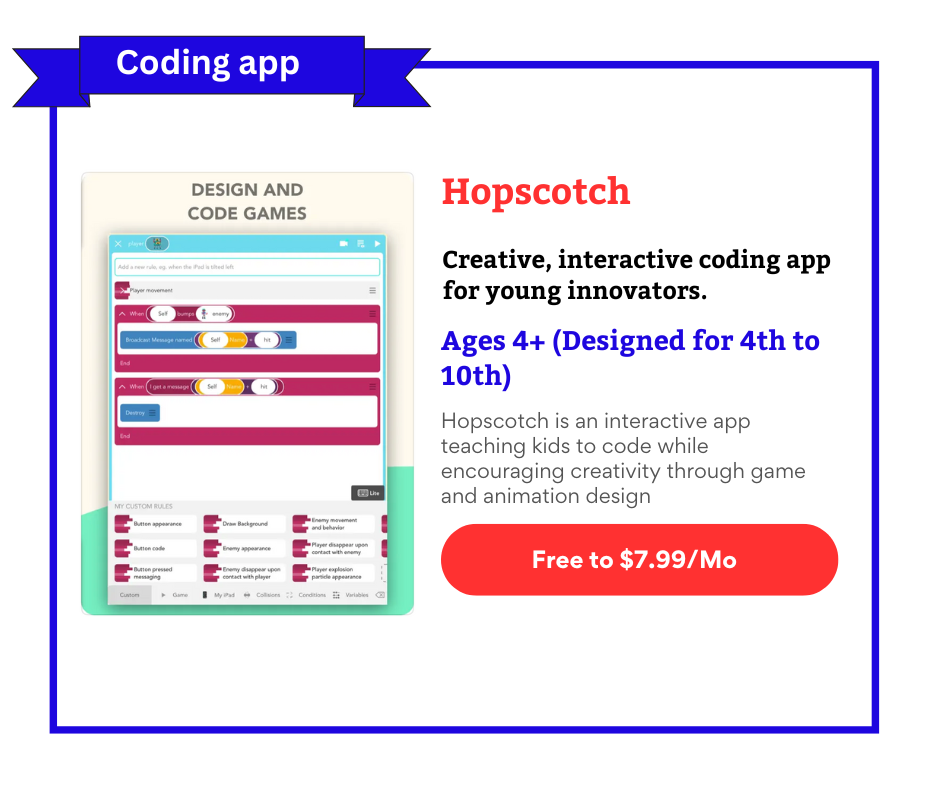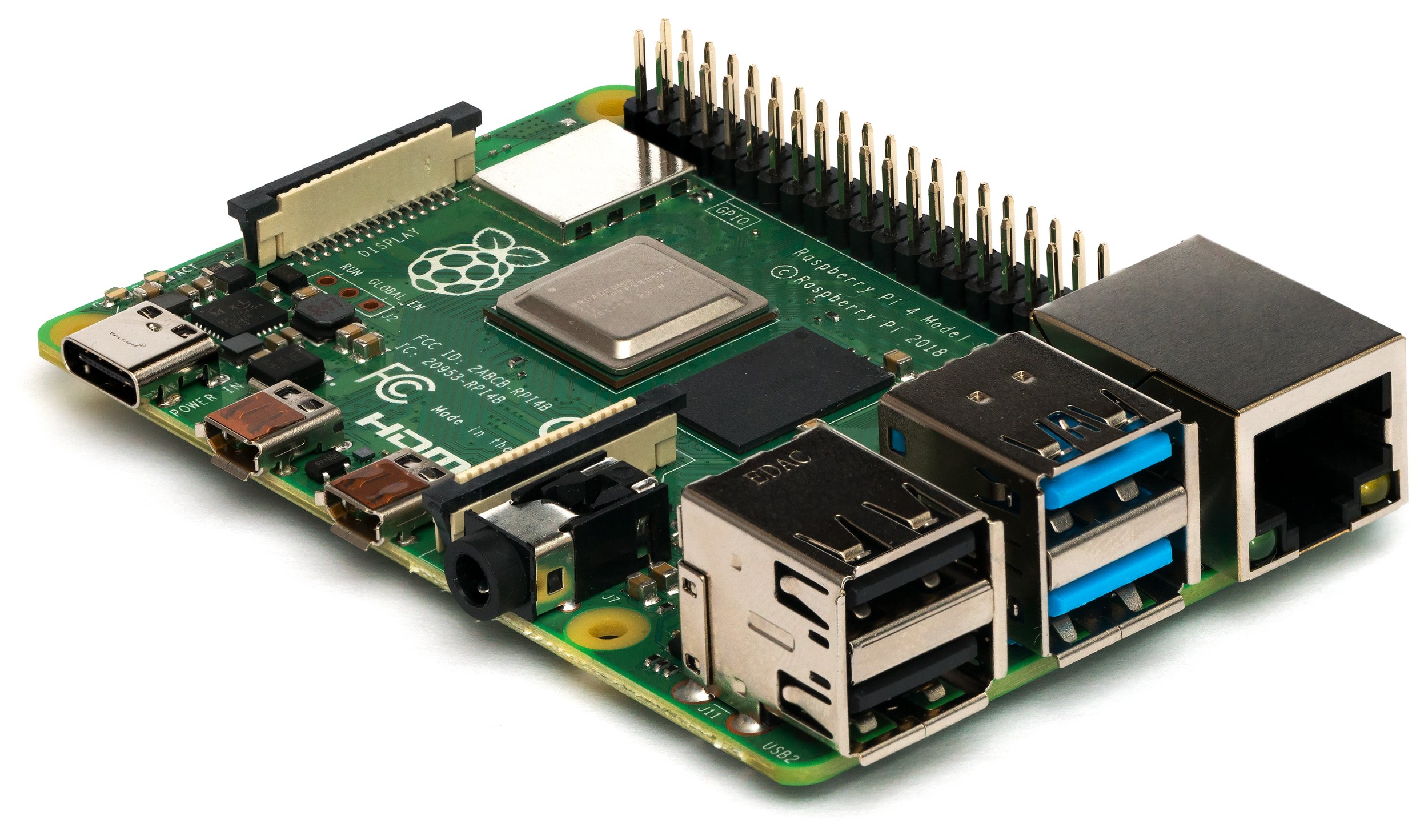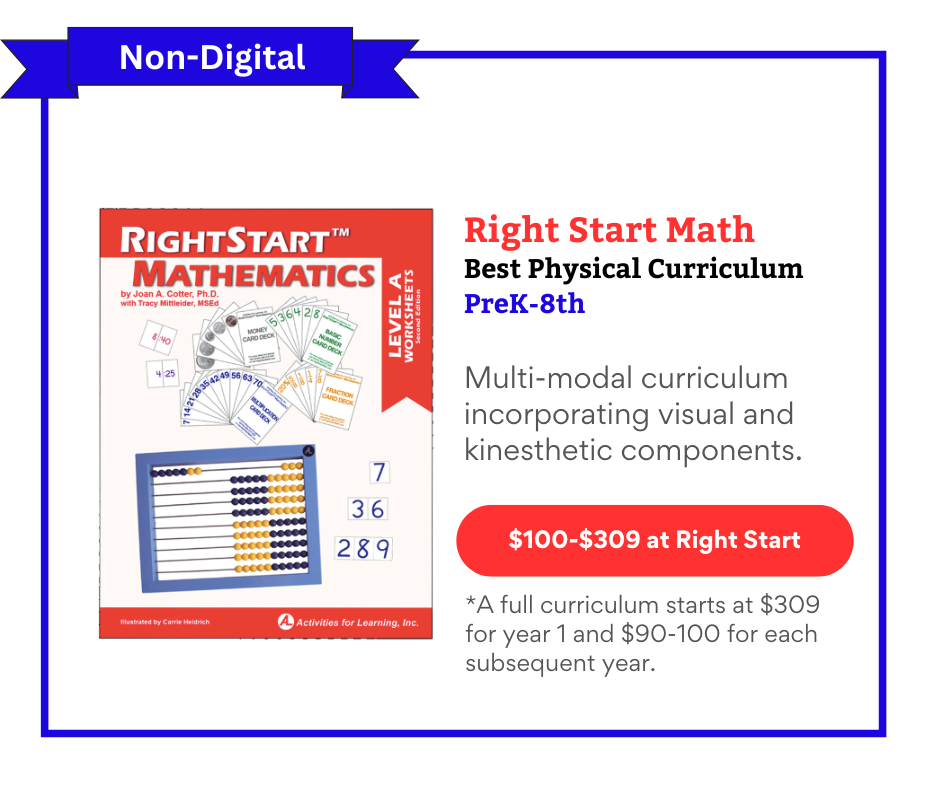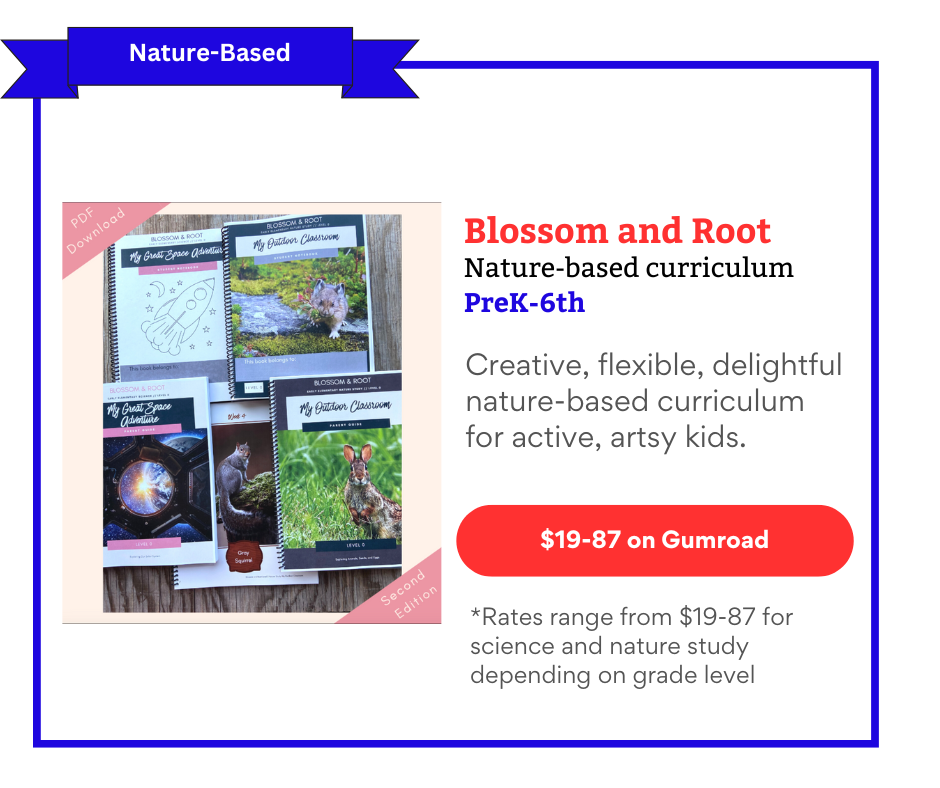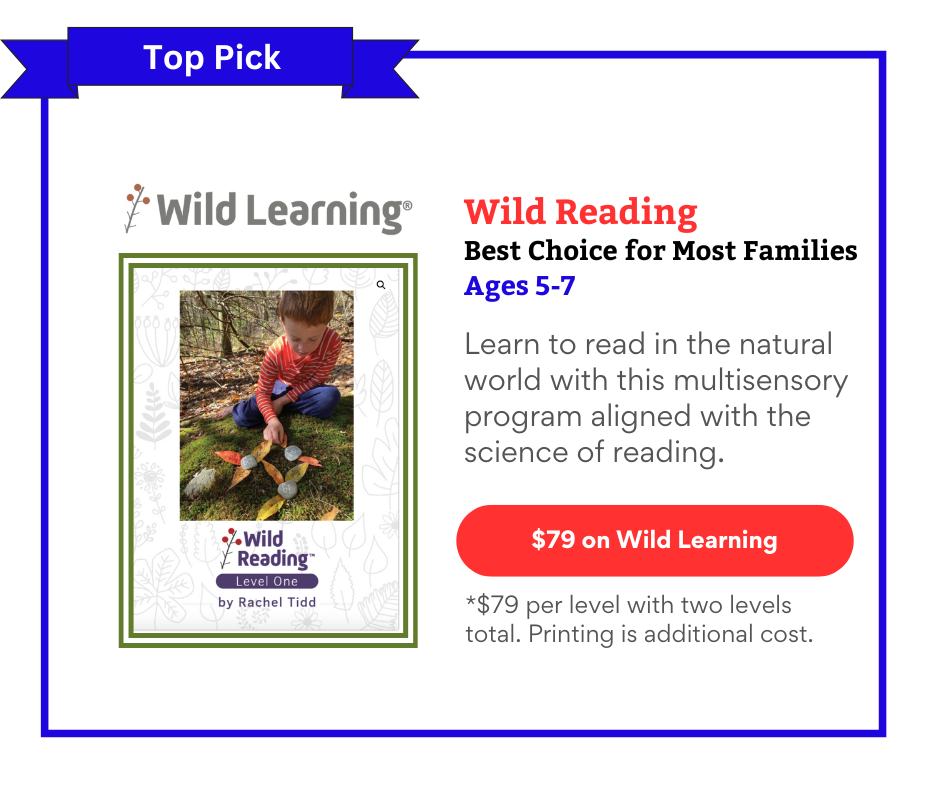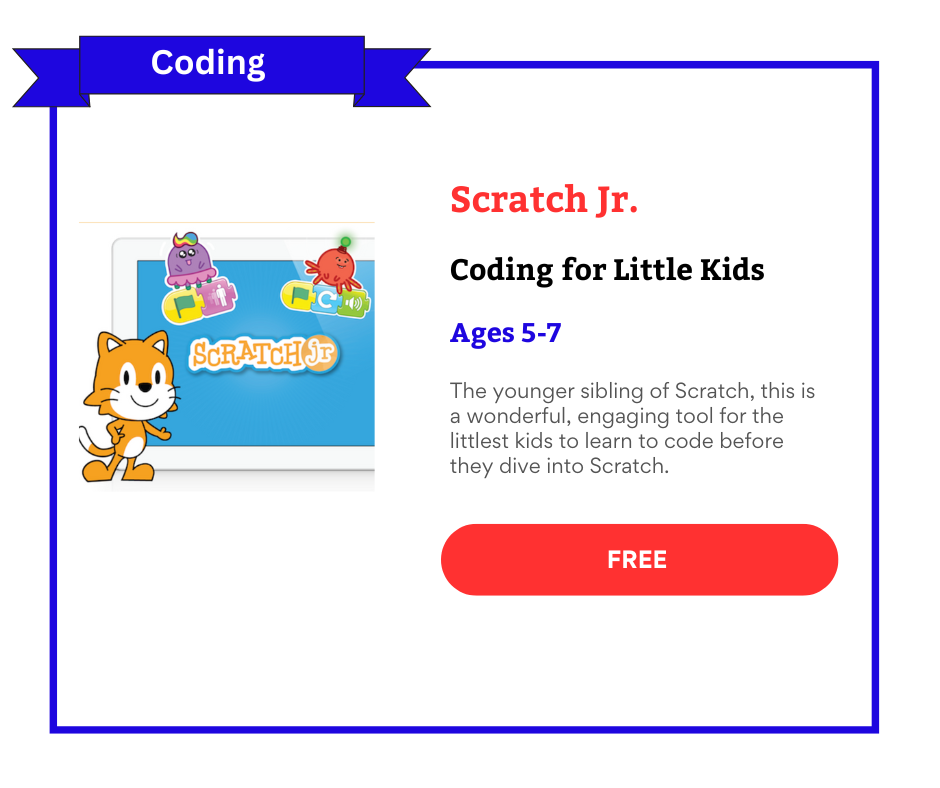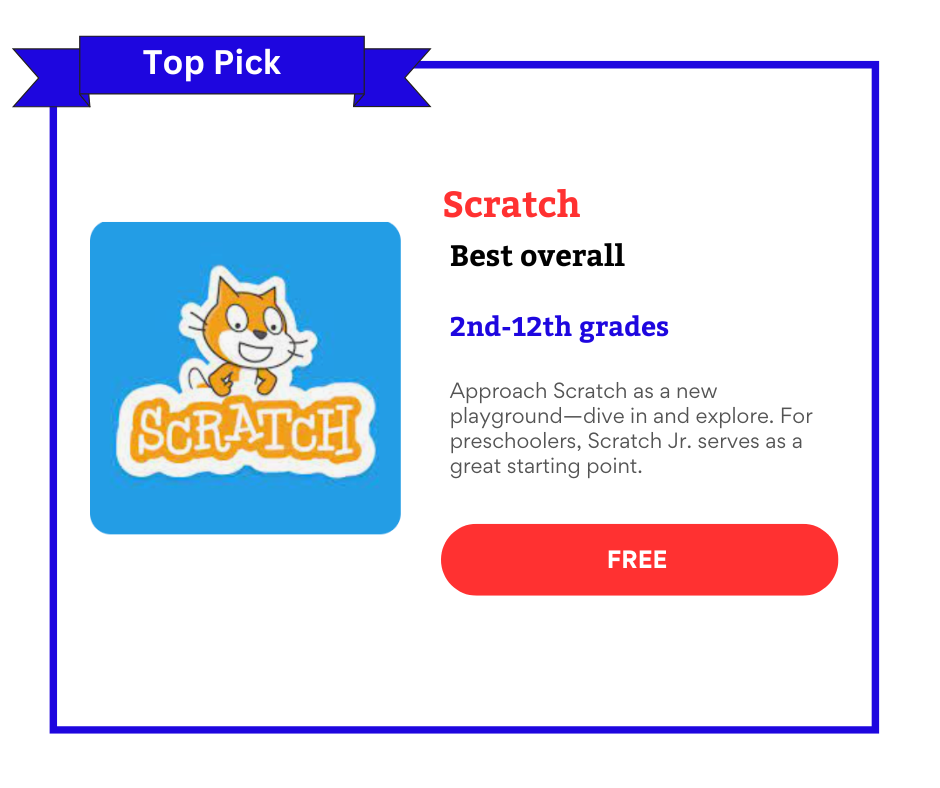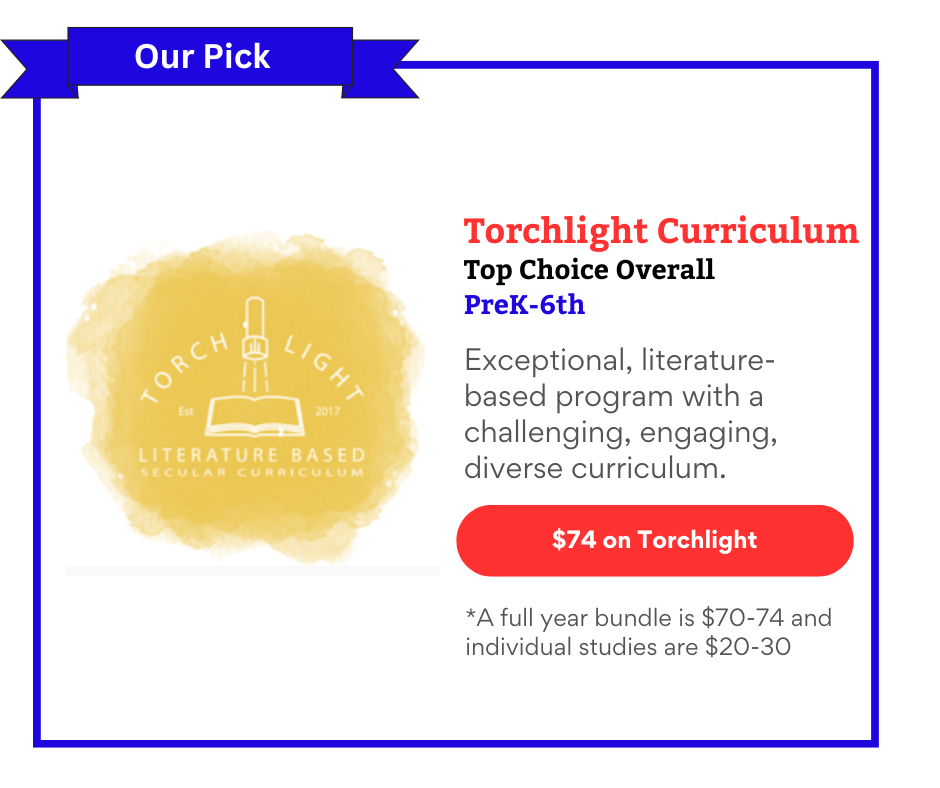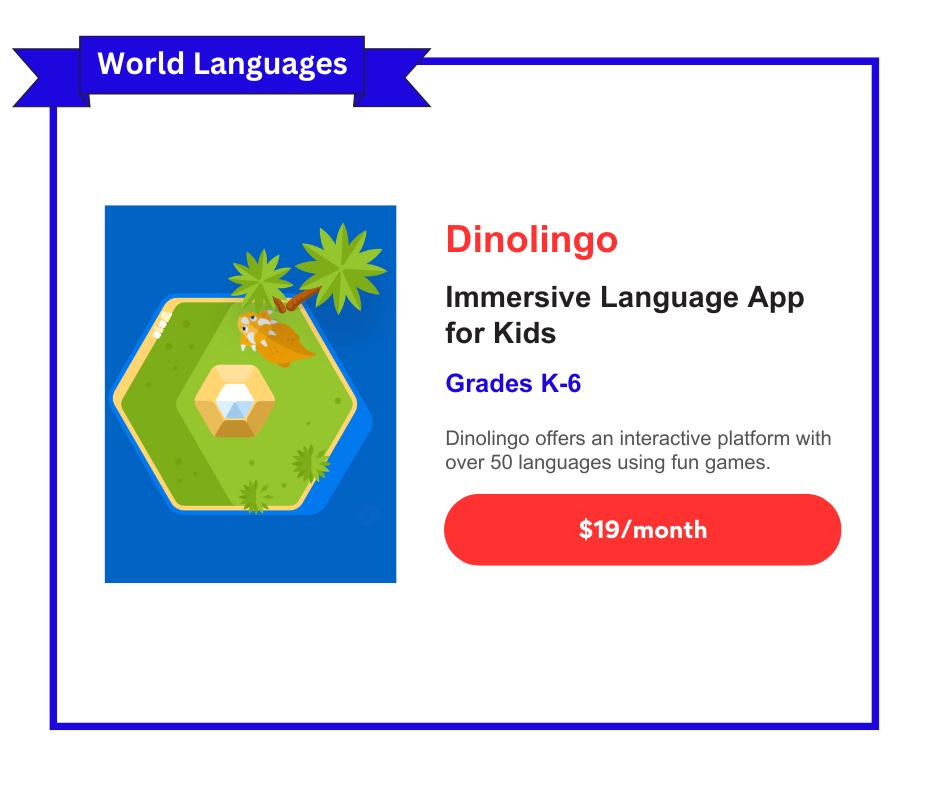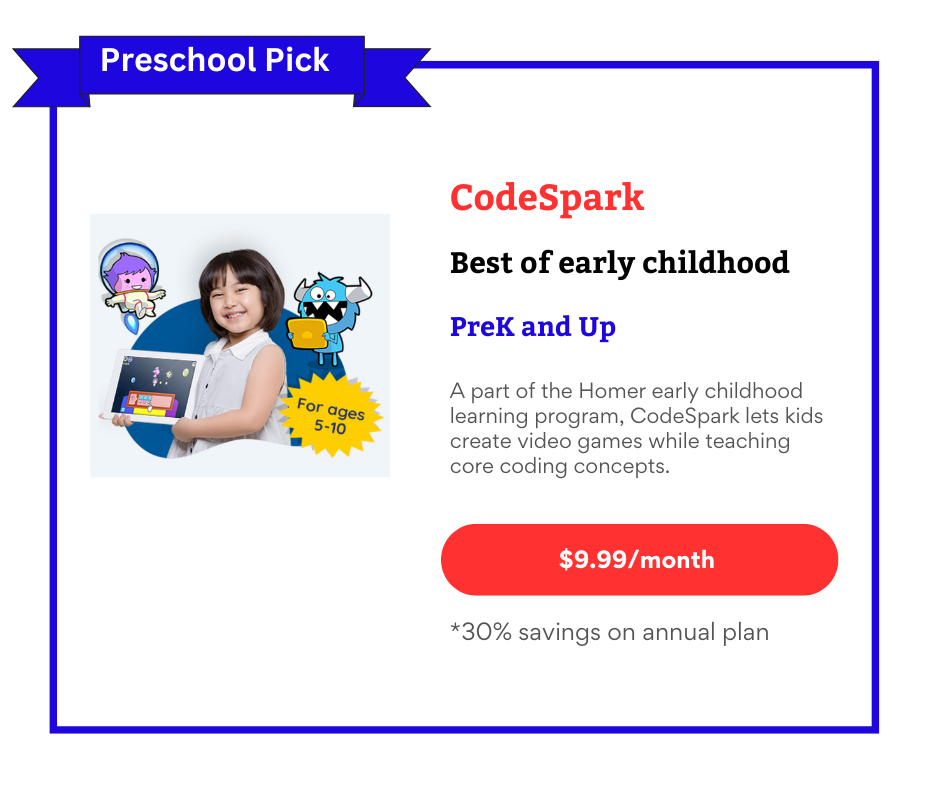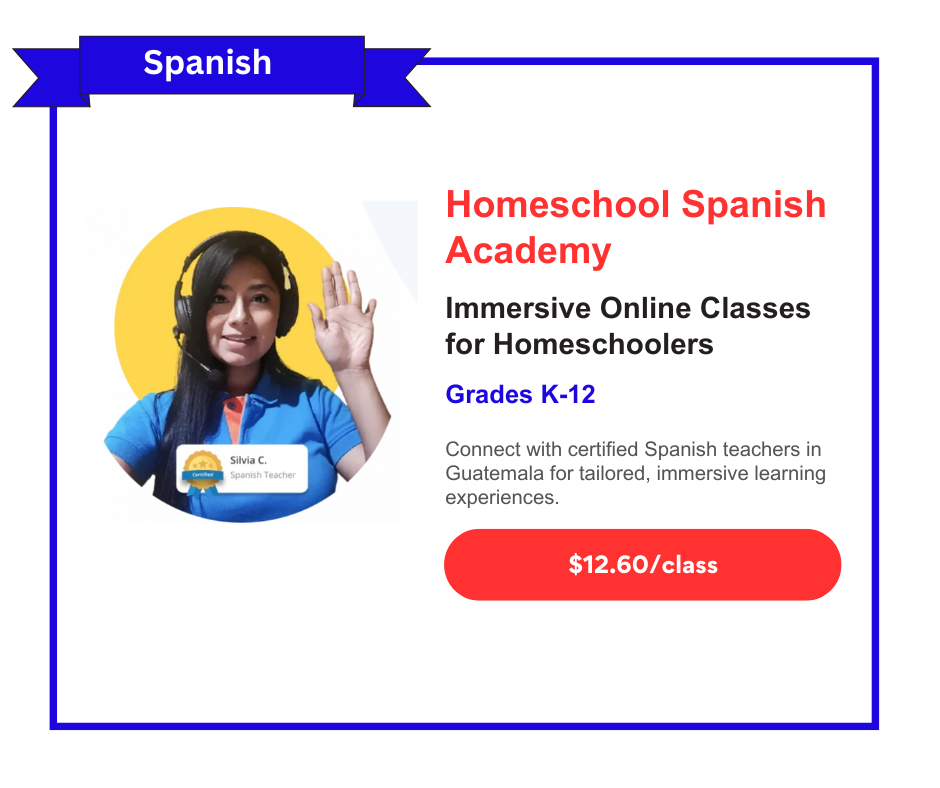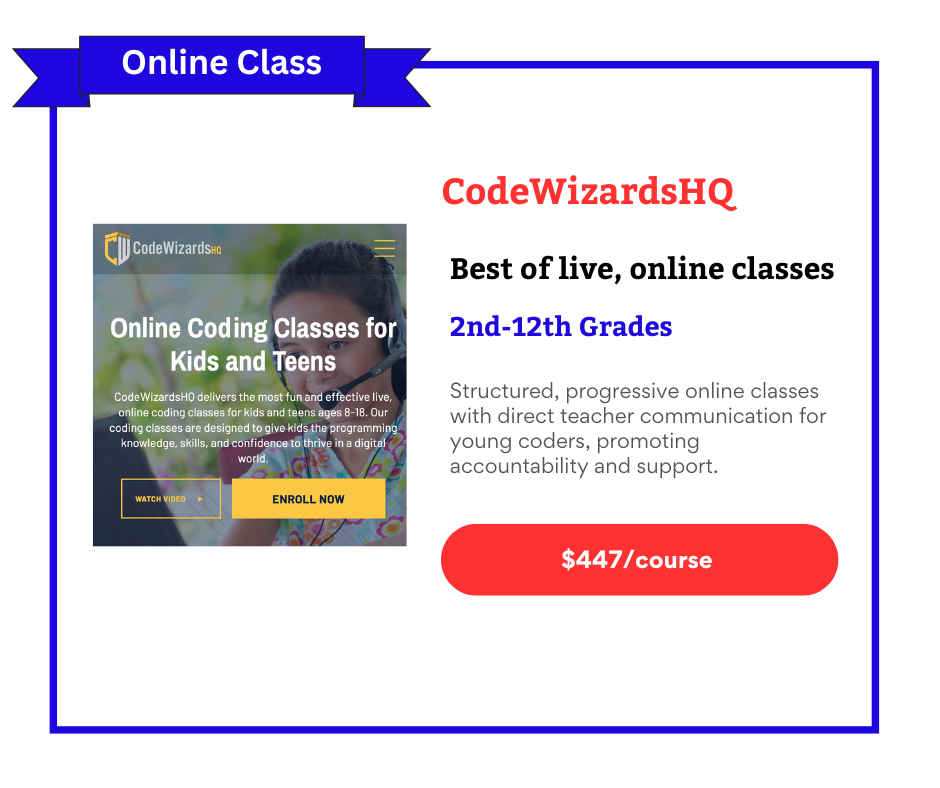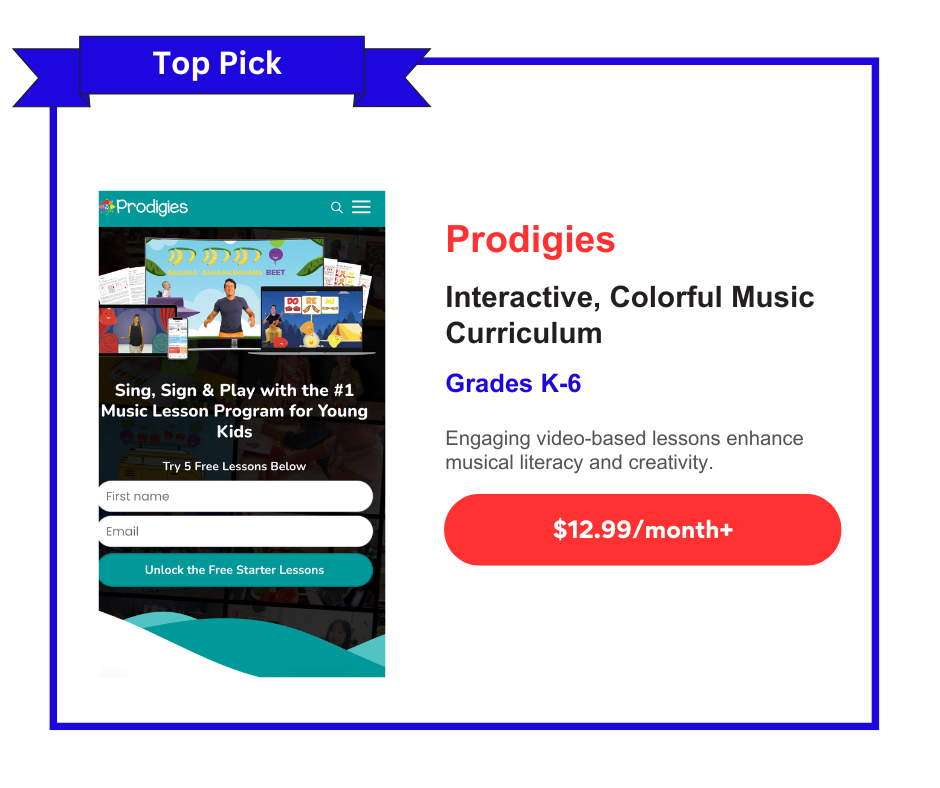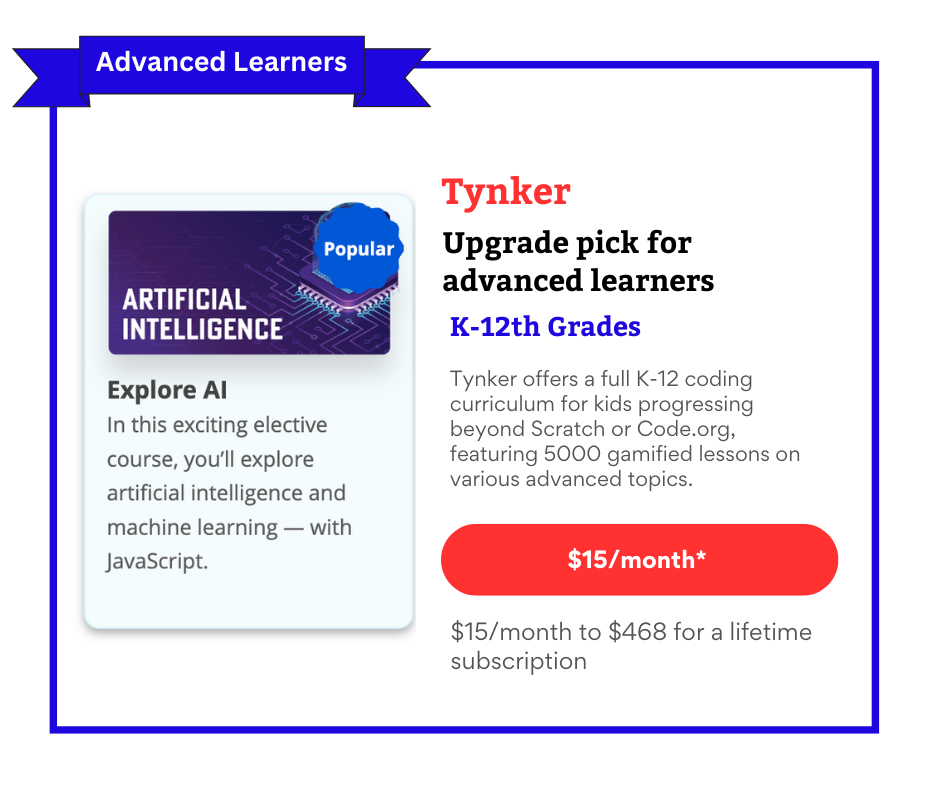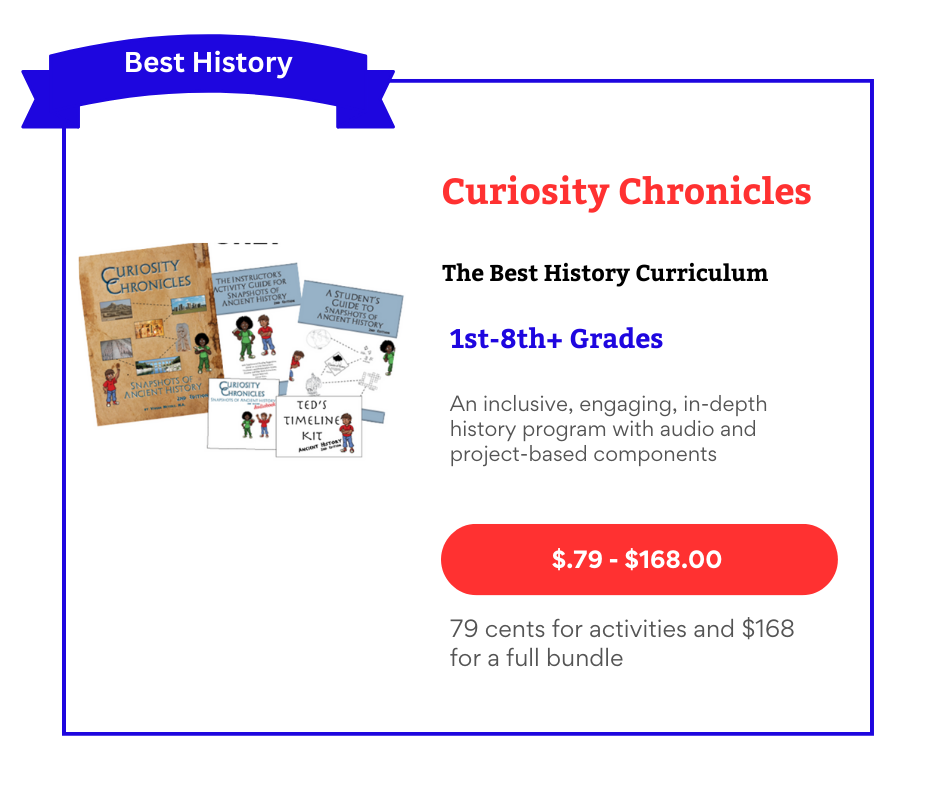Phonetic Zoo
The Phonetic Zoo, also known as Excellence in Spelling, is a distinct spelling program developed by the Institute for Excellence in Writing (IEW). It was adapted by James Webster and Andrew Pudewa to cater to children aged 9 and up, responding to the challenges students face with traditional spelling methods. This curriculum leverages auditory learning, reflecting Pudewa's expertise in education and Webster's innovative contributions (IEW) (Cathy Duffy Reviews). The program has garnered attention for its effectiveness, particularly in improving spelling through auditory input, which ensures that students not only learn but retain correct spelling sequences (IEW).
Differentiation: What Makes It Special
Phonetic Zoo stands out due to its auditory-based approach to spelling, which is less common in traditional spelling curriculums that often rely on visual cues and memorization. This method is particularly beneficial for auditory learners and promotes independence as students can largely guide their own learning pace and sequence (Joy In Our Journey) (The Curriculum Choice). The curriculum includes multiple levels of difficulty, catering to a wide age range, and employs unique mnemonic devices like animal-themed jingles to aid memory (Cathy Duffy Reviews).
How to Get Started
To start with Phonetic Zoo, a placement test is recommended to determine the appropriate level for the student. The program offers three levels, each designed to progressively challenge the student as they master the foundational spelling rules (IEW). Purchasing the starter set includes audio CDs, lesson cards, and access to supplementary online resources like the "Spelling and the Brain" video seminar (Teach Beside Me).
How It Works
Phonetic Zoo is designed for ease of use in a homeschool setting. Parents introduce the spelling rule using a lesson card, and students use the audio CDs to work through the lessons independently. This structure allows for consistent practice and reinforcement, with students only progressing after achieving mastery of the current lesson. The program typically recommends daily sessions, varying by individual pacing (Day By Day in Our World).
Educational Concepts Taught
Phonological awareness
Memory and recall techniques
Independent learning skills
Auditory processing skills
What’s Good About It
Users appreciate Phonetic Zoo for its flexibility and the autonomy it offers students. The audio-based format allows students to engage with spelling exercises independently, making it less burdensome for parents. Additionally, the mnemonic devices and thematic learning aids help make spelling a more engaging and enjoyable activity (The Curriculum Choice) (Teach Beside Me).
What Could Be Improved
While the program is highly praised, some users note that its strictly auditory approach may not suit all learning preferences. Children who are less auditory in nature or have auditory processing difficulties might find the program challenging. Furthermore, the quality of the audio production and the repetitiveness of the voices on the CDs have been noted as areas for potential improvement (Joy In Our Journey).
Advice from Parents
Parents suggest supplementing the auditory lessons with visual or kinesthetic activities to cater to diverse learning needs. Engaging with the material in various ways can help reinforce the spelling rules and accommodate different learning preferences. Regular review and consistent practice are also recommended to ensure mastery and retention of spelling rules (The Curriculum Choice).
Ideal and Non-Ideal Fit
Phonetic Zoo is ideal for students who thrive with auditory learning and those who benefit from a structured, sequential approach to spelling. It is especially suitable for independent learners. However, it may not be the best fit for students who are primarily visual learners or those who require more interactive or tactile learning experiences (Joy In Our Journey).
Grades and Cost
Phonetic Zoo is suitable for students in grades 3 and up. The cost of the program ranges from $99 for individual level starter sets to $149 for the complete package covering all levels (IEW).
Ways to Get It
Phonetic Zoo can be purchased directly through the Institute for Excellence in Writing website or through various educational product retailers online (Teach Beside Me).
Affiliate Disclaimer: Some links on our site are affiliate links, which means Modulo may earn a small commission if you purchase through them (at no cost to you). Rest assured, we only recommend resources we’ve rigorously vetted and truly love—affiliate link or not. Thank you so much for supporting our work!
Explore More Spelling Programs We Recommend

Explore real parents' experiences with Prodigy the Game as a learning tool for their children. Discover the pros, cons, and key tips for utilizing this engaging, game-based math platform effectively. Learn who it's best suited for and how to maximize its educational benefits.
Are you considering Beast Academy for your child's math education? Read this comprehensive review by an experienced math teacher to find out if it's the right fit for your child's learning needs.
Discover Hopscotch, a creative coding app for kids that combines fun, interactive learning with game design. Ideal for homeschoolers, beginners, and young innovators!
Discover Play The Forest School Way, a must-have for nature-inspired learning, offering creative games and crafts to bring outdoor education to life.
QuantumCourses delivers an engaging science program for grades 7–9 with 50 experiments, hands-on learning, and a discovery-driven approach that sparks curiosity.
The Raspberry Pi, developed by Eben Upton and his team at the University of Cambridge, was created to address declining interest in computer science among students. Designed as an affordable, programmable computer, it aims to make computing accessible to all. Celebrated for its affordability, versatility, and active global community, the Raspberry Pi is widely used in education, industry, and hobbyist projects. It’s ideal for homeschooling, offering structured learning in programming, hardware interaction, and problem-solving through hands-on projects. With a broad age range suitability and cost-effective options, the Raspberry Pi provides an engaging and impactful STEM education tool, despite a learning curve for beginners.
Homeschooling has never been more exciting or overwhelming. With thousands of programs available, narrowing down the best of the best was no small feat. First, we scoured two years of homeschooling forums and 5000+ keywords in google search to identify the most requested resources by families. Then we went back and looked at their recommendations. We paid special attentions to recommendations by teachers, scholars and subject experts homeschooling their kids. Then, we spent five years testing these programs with our own students in Modulo’s tutoring program.
Right Start Math review: For a highly visual, and hands-on math curriculum, Right Start Math is a favorite mastery-based choice for families that dislike worksheets. A phenomenal option for kids who thrive with hands-on-learning, gifted kids, and also children with dyscalculia.
Inquiry-based learning is a dynamic educational approach that places students at the center of their own learning process. Instead of passively receiving information, students actively engage in questioning, exploring, and discovering, fostering deeper understanding and critical thinking. Rooted in constructivist theories, this method encourages learners to connect knowledge to their own experiences, making education more meaningful and relevant. By emphasizing curiosity and problem-solving, inquiry-based learning prepares students to tackle real-world challenges with creativity and confidence, offering a transformative alternative to traditional instruction.
Dive into our comprehensive review of Blossom and Root, a secular, nature-based homeschool curriculum that combines flexibility with a rich integration of the arts and literature. Discover how it can transform your homeschooling experience.
Discover Wild Reading, the innovative homeschool reading curriculum that blends nature exploration with foundational literacy skills, designed to engage and educate young readers.
Explore how Duolingo transforms language learning into an engaging, gamified experience with our comprehensive review, ideal for homeschoolers seeking a flexible educational tool.
ScratchJr. The baby version of Scratch, Scratch Jr is a fun, simple program to use if Scratch is too challenging for younger kids. It includes guides for instruction and 75+ activities. Like Scratch, it is more exploratory and less directional, which some parents dislike.
Discover how to teach kids to code with Scratch, even if you're not a developer. Learn why Scratch is an effective tool, get pro tips from programmer parents, and explore resources to supplement Scratch learning.
Dive into our detailed review of Torchlight Curriculum, a top choice for families seeking a creative and secular approach to homeschooling. Learn about its innovative methods and how it stands out in promoting critical thinking and independent learning.
Discover how Night Zookeeper transforms homeschooling with a creative writing program that excites and educates. This in-depth review by Manisha Snoyer covers everything from getting started to program benefits and practical tips for parents.
Discover how BrainPOP Homeschool transforms home education with interactive, multimedia content that covers a wide range of subjects, making learning both fun and effective. Ideal for K-8 students looking for a dynamic educational experience.
Explore Dinolingo’s innovative approach to language learning for children: a captivating, game-driven curriculum that excites and educates.
Explore our comprehensive review of CodeSpark, a leading coding app tailored for young learners, to see how it ignites a passion for technology and problem-solving.
Explore our in-depth review of Homeschool Spanish Academy, which pairs students with native Spanish-speaking teachers for an immersive online learning experience that is both flexible and effective
Dive into our detailed review of CodeWizardsHQ, where we analyze how this coding school excels in nurturing young programmers with its innovative, interactive classes. Perfect for K-12 students looking to advance in the digital world.
Explore how Prodigies Music Program transforms early music education with colorful, interactive lessons that engage and educate young learners. Perfect for homeschooling!
Discover the power of Thinkwell Homeschool's video-based courses, designed to bring dynamic, interactive learning to homeschool environments across diverse subjects.
Explore our comprehensive Tynker review to see how it uniquely teaches coding through interactive gameplay, making it ideal for young learners to develop essential tech skills.
Explore Curiosity Chronicles, the innovative secular history curriculum loved by homeschoolers. Founded by a homeschool mom, our top pick for history offers highly engaging learning experiences for kids within an inclusive curriculum.
Manisha Snoyer is an experienced educator and tech entrepreneur with over 20 years of experience teaching more than 2,000 children across three countries. She co-founded Modulo with Eric Ries to help families design personalized educational experiences. Prior to Modulo, she and Eric founded Schoolclosures.org, the largest relief effort for families during the pandemic that provided a hotline, free online math tutoring, and other essential resources to support 100,000 families. As a an early mover in alternative education, Manisha created CottageClass, the first microschool marketplace in 2015. She is dedicated to empowering families to build customized learning solutions that address academic, social, and emotional needs. Manisha graduated Summa Cum Laude from Brandeis University with degrees in French Literature and American Studies and minors in Environmental Studies and Peace & Conflict Studies.



